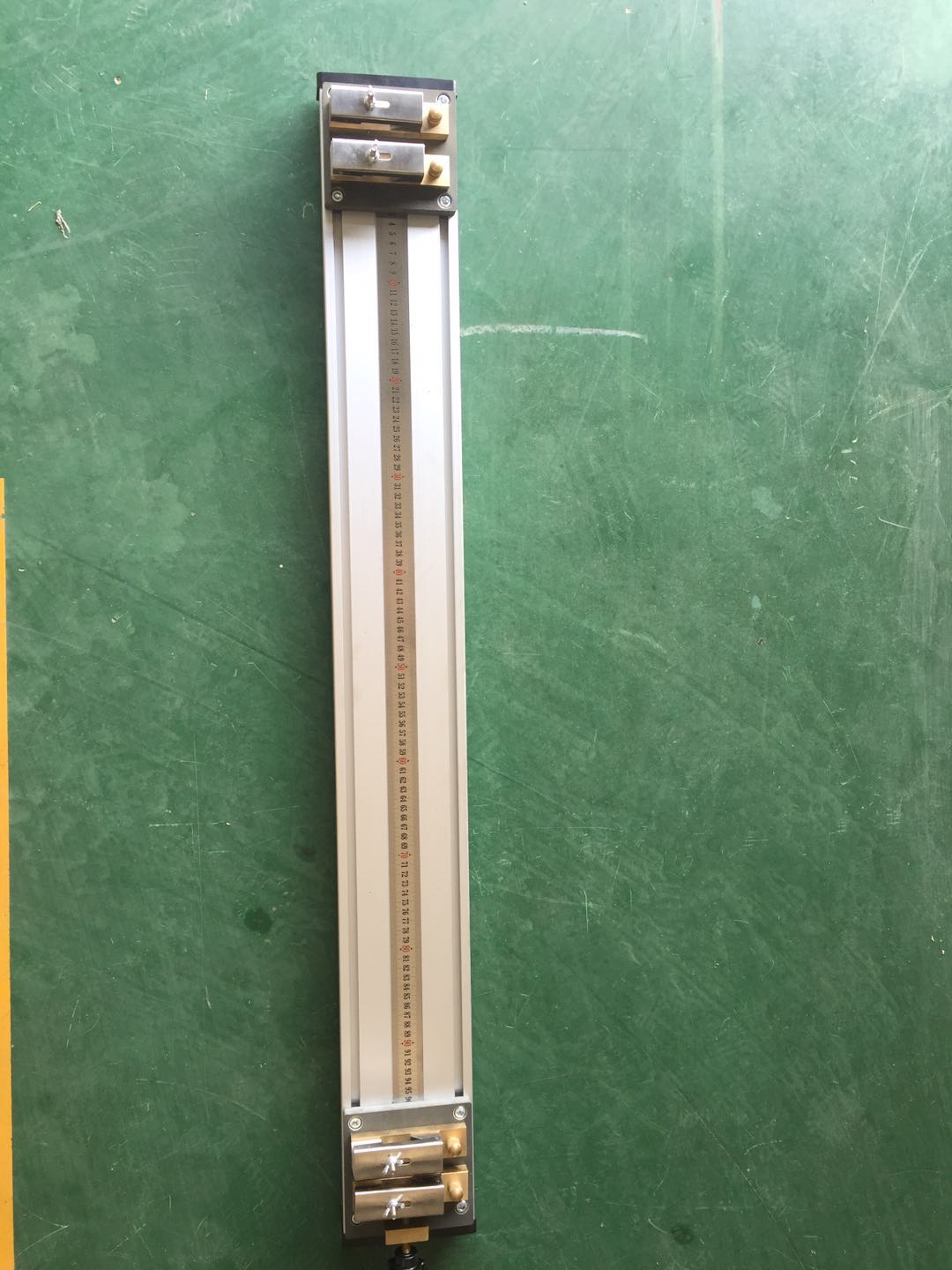purchasing tensile tester
Purchasing a Tensile Tester A Comprehensive Guide
When it comes to ensuring the quality and durability of materials, tensile testing is a crucial process in various industries, including manufacturing, construction, and research. A tensile tester, also known as a universal testing machine (UTM), is essential for measuring the tensile strength, elongation, and other properties of materials under stress. With a growing demand for reliable testing equipment, understanding the process of purchasing a tensile tester becomes paramount for both businesses and laboratories.
Understanding Your Requirements
Before making a purchase, the first step is to clearly define your testing requirements. Consider the types of materials you will be testing, such as metals, plastics, rubber, or composites. Each material has specific testing standards and requirements, which will dictate the specifications of the tensile tester you need. Additionally, determine the maximum load capacity and the required accuracy for your tests. For example, if you are primarily testing high-strength materials, you may need a machine with a higher load capacity than if you were testing softer materials.
Types of Tensile Testers
Tensile testers come in various configurations, from basic models for simple applications to advanced systems featuring electronic controls, data acquisition, and analysis software. Common types include
1. Electromechanical Tensile Testers These offer high precision and are typically suitable for most materials. They are used in laboratories and research settings due to their versatility.
2. Hydraulic Tensile Testers These are ideal for high-capacity testing, making them suitable for larger materials or components. They are commonly used in industrial settings where robust testing is required.
purchasing tensile tester

4. Portable Tensile Testers Ideal for field testing, these lightweight machines allow users to conduct tests on-site without the need for extensive setups.
Key Features to Consider
When evaluating which tensile tester to purchase, consider the following features
- Load Cell Accuracy Ensure that the load cell used in the tester provides the level of accuracy needed for your tests. - Crosshead Speed The ability to adjust the crosshead speed is essential for compliance with various testing standards. - Data Acquisition System A good data acquisition system will allow you to analyze test results efficiently and accurately. - Software Compatibility Many modern tensile testers come with software that aids in data collection and analysis. Ensure that it meets your data processing needs.
Budget Considerations
Price is often a decisive factor in purchasing a tensile tester. Establish a budget that considers not just the initial purchase price but also ongoing costs such as maintenance, calibration, and potential upgrades. While it might be tempting to choose the lowest-priced option, it is important to ensure that the machine meets your quality and testing standards.
Conclusion
Purchasing a tensile tester is a significant investment that requires careful consideration of various factors, including material types, testing requirements, and budget. By understanding your needs and evaluating different types of machines and features, you can make an informed decision that will serve your testing objectives efficiently. In doing so, you ensure the integrity and reliability of your materials, ultimately contributing to the success of your projects and operations.
-
Why the Conductor Resistance Constant Temperature Measurement Machine Redefines Precision
NewsJun.20,2025
-
Reliable Testing Starts Here: Why the High Insulation Resistance Measuring Instrument Is a Must-Have
NewsJun.20,2025
-
Flexible Cable Flexing Test Equipment: The Precision Standard for Cable Durability and Performance Testing
NewsJun.20,2025
-
Digital Measurement Projector: Precision Visualization for Modern Manufacturing
NewsJun.20,2025
-
Computer Control Electronic Tensile Tester: Precision and Power for the Modern Metal Industry
NewsJun.20,2025
-
Cable Spark Tester: Your Ultimate Insulation Assurance for Wire and Cable Testing
NewsJun.20,2025
 Copyright © 2025 Hebei Fangyuan Instrument & Equipment Co.,Ltd. All Rights Reserved. Sitemap | Privacy Policy
Copyright © 2025 Hebei Fangyuan Instrument & Equipment Co.,Ltd. All Rights Reserved. Sitemap | Privacy Policy
